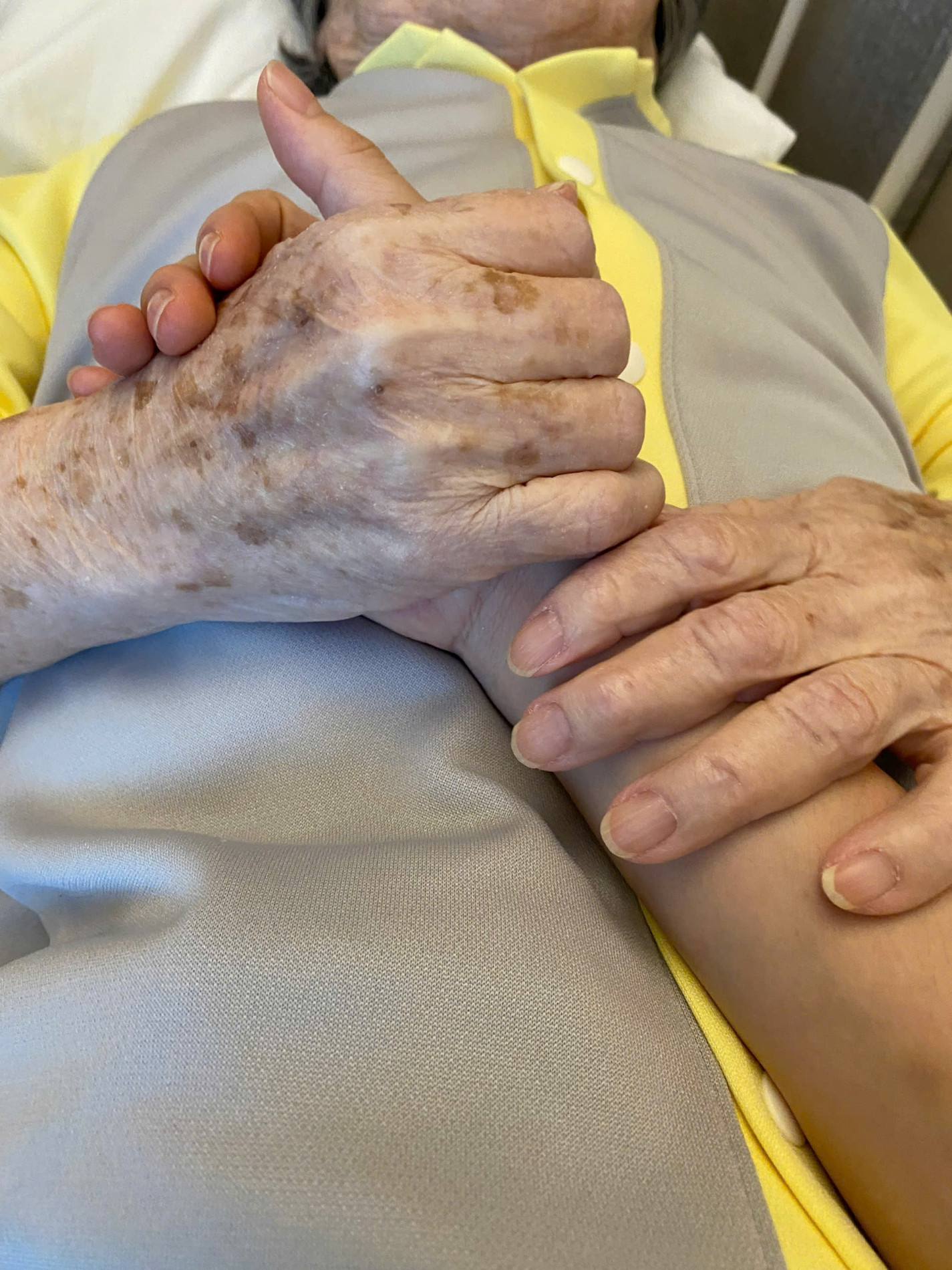
Nguyen Thi Nhung, 28, from Dak Lak had some days off last month and used the free time to cook pho to treat her Japanese co-worker. Despite the lack of many Vietnamese ingredients, her friend was excited.
This is the friend Nhung after one year of working in Kyoto. In 2023, Nhung came to Japan with a Tokutei visa (Tokutei Ginou), and began work as a nurse (Kaigo).
Nhung has experience in taking care of newborns, pregnant women and postpartum mothers. Having passion for taking care of people, she went to Japan to develop her skills.
Nhung is still facing difficulties in her life in Japan. The biggest problem for her is the language barrier, cultural differences, lifestyle and weather.
In general, nurses work in hospitals and nursing homes, with the latter more difficult and stressful.
Nhung's daily work is taking care of patients, feeding them, changing diapers, bathing them and carrying them to examination and testing rooms.
At first, as her Japanese skills were still poor, Nhung could not adapt to the new working environment and made mistakes. Some co-workers found fault with everything she did.
She once felt stressed and sorry for herself, and shed tears. An older Japanese woman came to hug and comfort her. “At that moment, I felt like I was next to my grandmother, so I suddenly burst into tears,” Nhung recalled.
Encouraged by the woman, Nhung was more optimistic and believed that the world around her was still full with love.
Nhung has nine days off a month. She can choose three of the days, but the other six days are decided by the hospital.
Nhung usually registers for night work shifts, about 8-9 days a month. Every shift lasts 16.5 hours, from 4 pm to 8.30 am the next day.
She is studying at university, preparing to take an exam for a certificate in the Japanese language. She also wants to obtain a higher certificate in nursing. So she works at night to get more money to cover her study and daily expenses.
Nhung said her job requires patience, attentiveness and carefulness. Nhung is always ready to do legitimate requests from patients. She can act as a clown, braid hair, sew clothes and take patients for a walk. Most recently, two older women sent a thank you letter for her help, which Nhung calls a "special remuneration" for her efforts.
Ngoc Lai